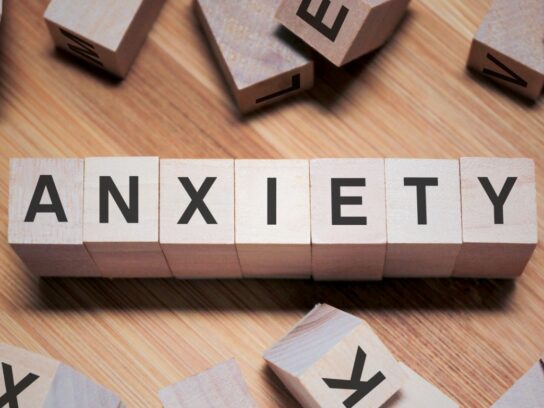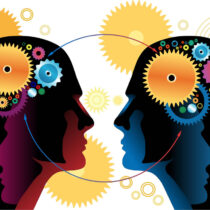
Most people are looking out for the symptoms of COVID-19 — which include a fever, cough, and shortness of breath. And most of us are practicing social distancing, a term many were not familiar with prior to the coronavirus pandemic. But, many of us may not be aware that it is normal to experience anxiety and stress during a puplic health emergency.
The Centers for Disease Control (CDC) says fear and anxiety can be overwhelming during a public health emergency and cause strong emotions in adults and children. The CDC provides information about who may respond more strongly, what they might experience, and provides steps to take to reduce stress and anxiety.
People who may respond more strongly to the stress of a crisis include:
- Older people and people with chronic diseases who are at higher risk for COVID-19
- Children and teens
- People who are helping with the response to COVID-19, like doctors and other health care providers, or first responders
- People who have mental health conditions including problems with substance use
Stress during an infectious disease outbreak can include:
- Fear and worry about your own health and the health of your loved ones
- Changes in sleep or eating patterns
- Difficulty sleeping or concentrating
- Worsening of chronic health problems
- Increased use of alcohol, tobacco, or other drugs
Things to do to support yourself:
- Take breaks from watching, reading, or listening to news stories, including social media. Hearing about the pandemic repeatedly can be upsetting.
- Take care of your body. Take deep breaths, stretch, or meditate. Try to eat healthy, well-balanced meals, exercise regularly, get plenty of sleep, and avoid alcohol and drugs.
- Make time to unwind. Try to do some other activities you enjoy.
- Connect with others. Talk with people you trust about your concerns and how you are feeling.
The CDC advises anyone to call their healthcare provider if stress gets in the way of daily activities for several days in a row. Also, if you, or someone you care about, are feeling overwhelmed with emotions like sadness, depression, or anxiety, or feel like you want to harm yourself or others call 911 or Substance Abuse and Mental health Services Administration’s (SAMHSA’s) Disaster Distress Helpline at 1-800-985-5990 or text TalkWithUs to 66746.


Comments are closed.